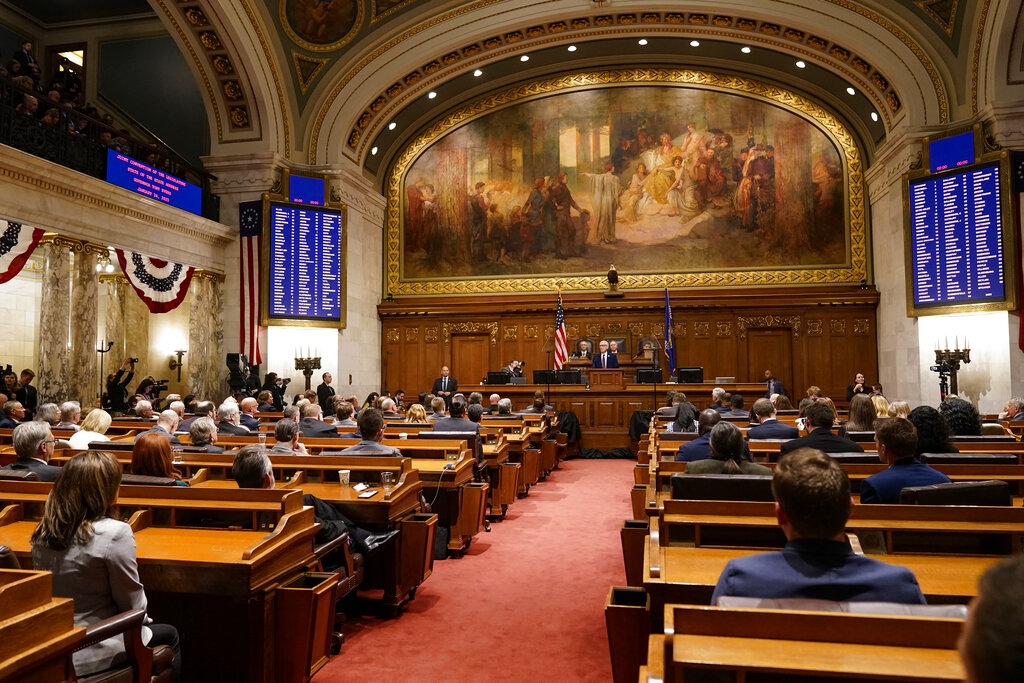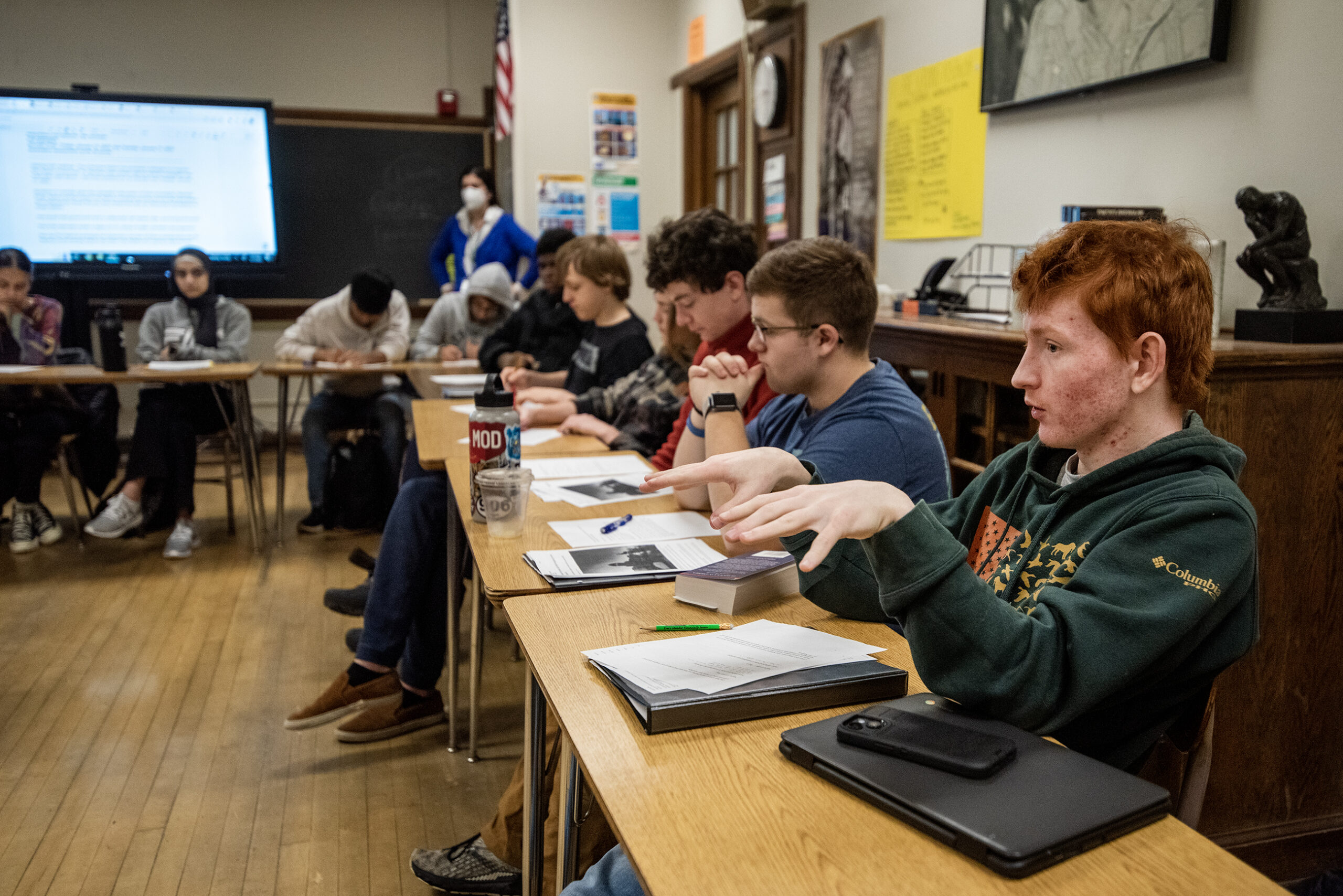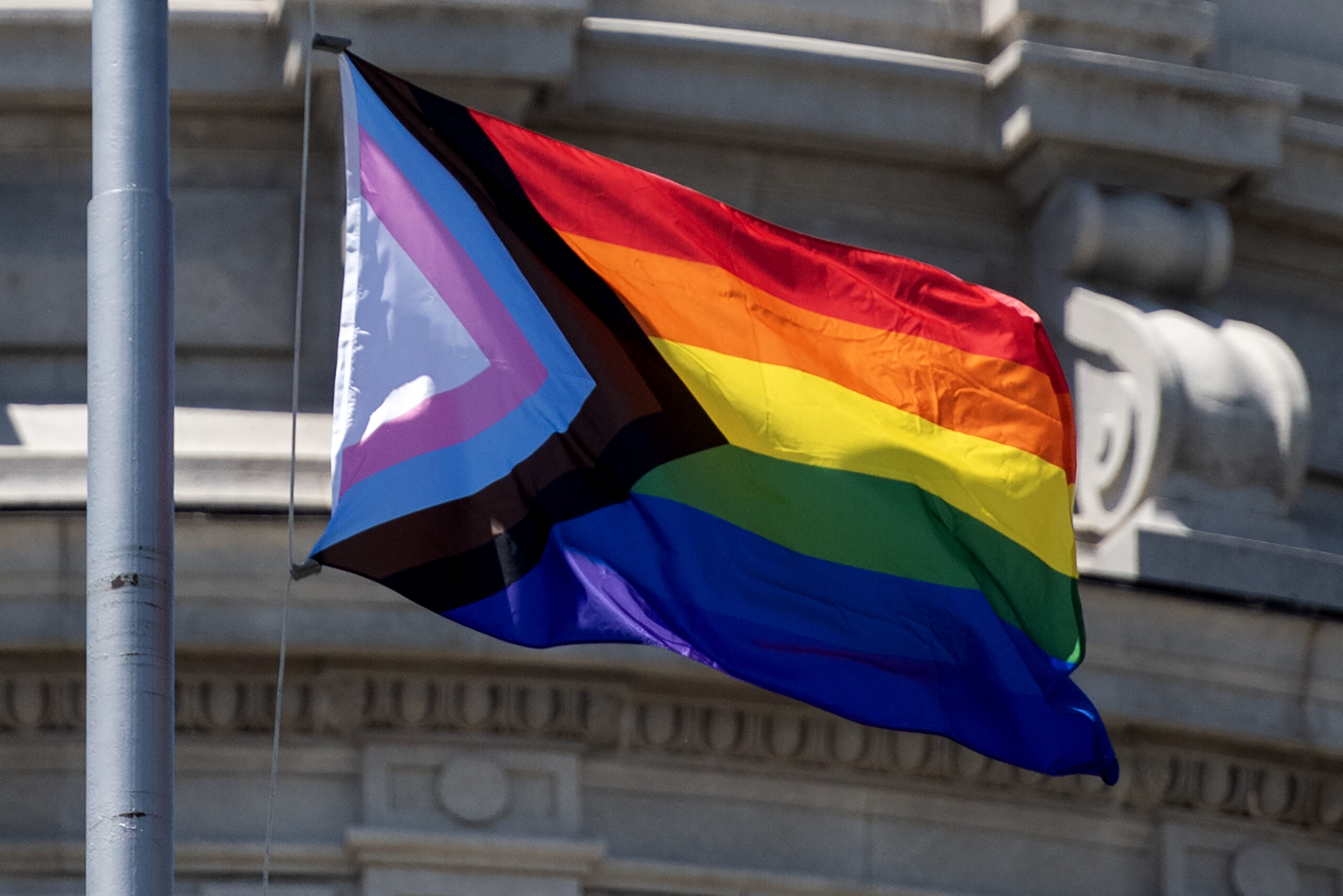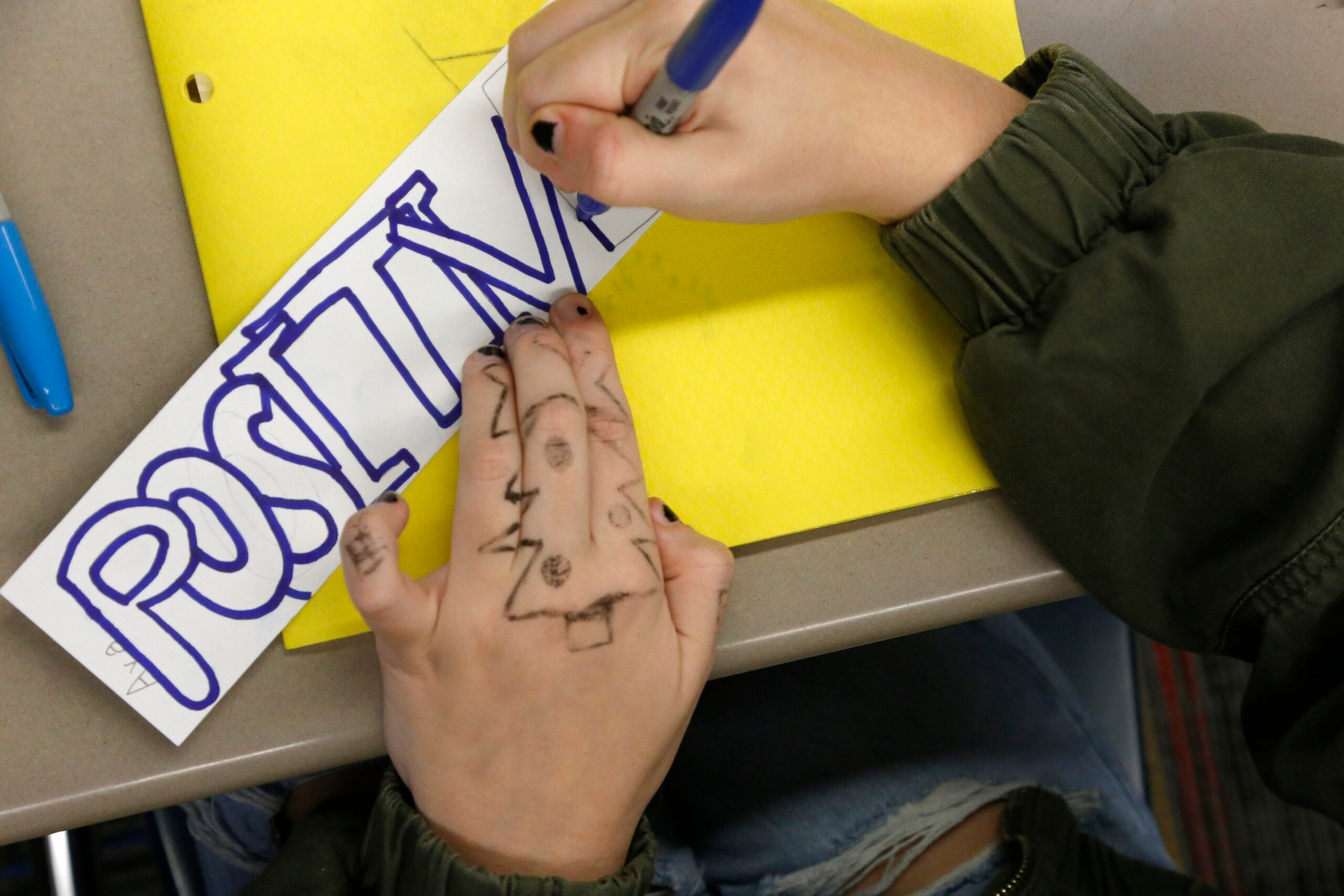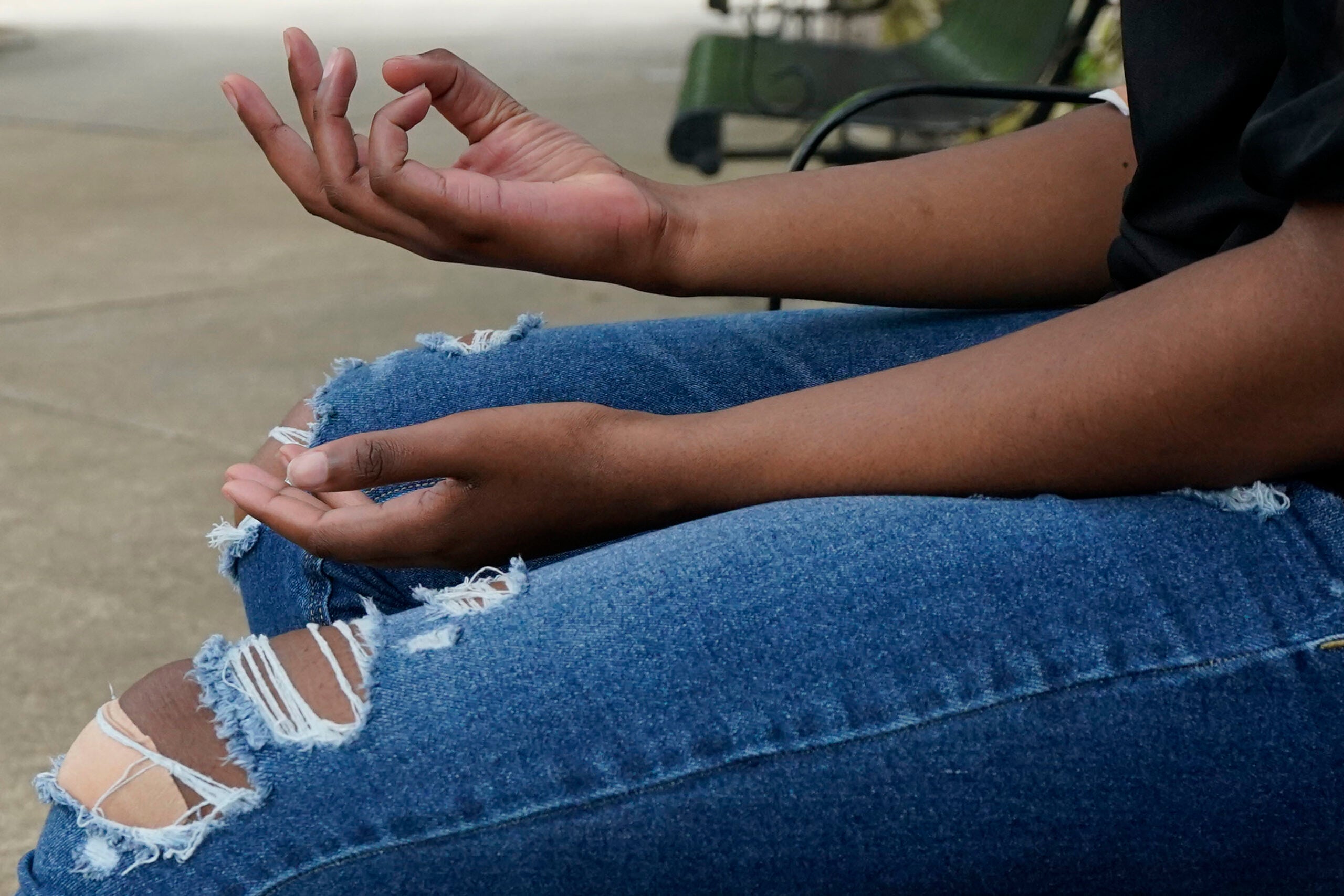The state of mental health in Wisconsin is a “quiet, burgeoning crisis,” and that includes unmet mental health needs in schools, Gov. Tony Evers said during his State of the State address this week.
He dubbed 2023 “the year of mental health” and laid out a long list of proposals to address that cause. The wish list totals $500 million over two fiscal years, and more than a half of the proposed funding relates to education.
Last year, Wisconsin officials announced one-time pandemic relief funding, so that schools could develop comprehensive mental health programs. This week, Evers suggested spending more than $270 million to make that program permanent.
News with a little more humanity
WPR’s “Wisconsin Today” newsletter keeps you connected to the state you love without feeling overwhelmed. No paywall. No agenda. No corporate filter.
“We cannot overstate the profound impact that the past few years have had on our kids in many ways — and that includes their mental health,” Evers said. “Kids in crisis are often distracted or disengaged in class, might not be able to finish their homework, and won’t be able to focus on their studies at home or at school.”
Leah Kutschke, who leads Wisconsin’s School Social Workers Association, told Wisconsin Public Radio’s “The Morning Show” on Wednesday she’s optimistic about such investments, despite the lingering effects of pandemic-related isolation on kids.
“It goes without saying that not being around our peers — for adults, as well — for long periods of time can have adverse effects,” Kutschke said. “However, I do think I have seen in the last two-ish years since schools have mostly been reopened, that kids are catching up, and kids are finding joy, and kids are leveling out to a place where we would like them to be with those social interactions and those academic supports.”
Within Evers’ education-related proposal is $18 million annually to reimburse schools for hiring social workers, nurses and counselors. And he suggests spending $580,000 a year on mental health training for school staff — an allocation that Kutschke says addresses a serious need.
“We have found through the pandemic that teachers and educators are many things and one of those things is sometimes frontline crisis responders when students are in acute mental health crisis,” said Kutschke, who works as a social worker in the Monona Grove School District. “Sometimes we are spending eight hours a day with students, and they might not be spending that much time with their families even.”
Evers, a Democrat, will introduce his full budget proposal next month, and the final plan will need lawmakers’ approval. Republican legislative leaders have expressed skepticism about the overall costs of Evers’ budget priorities.
Wisconsin Public Radio, © Copyright 2025, Board of Regents of the University of Wisconsin System and Wisconsin Educational Communications Board.

